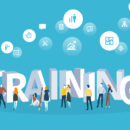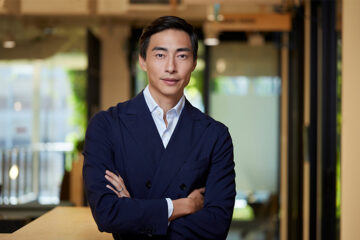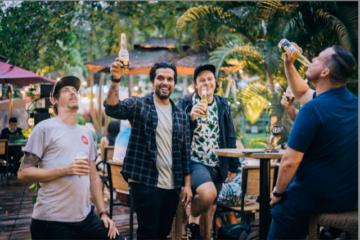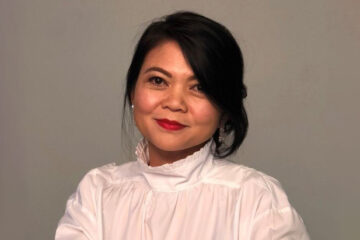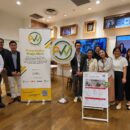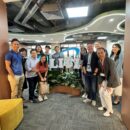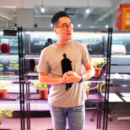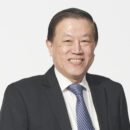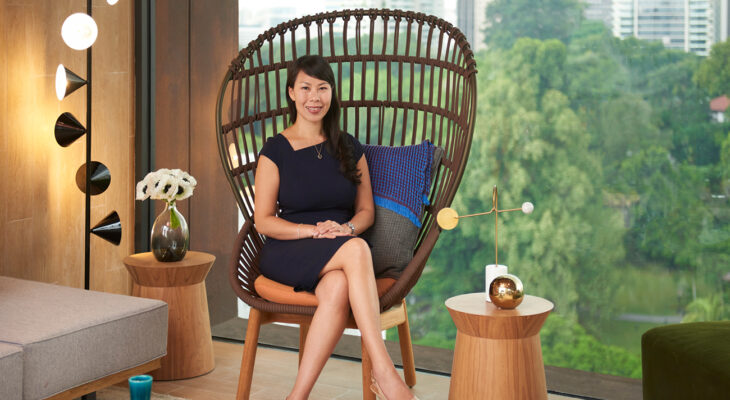
Creating Spaces For A Post-Pandemic World
COVID-19 has changed the way we use our homes and offices for work and living, says Aurum Land CEO Michelle Yong.
Whether it’s where we work or how often we meet our colleagues, the pandemic has altered the way employees around the world operate. Against this backdrop, Aurum Land CEO Michelle Yong is playing a role in helping workers adjust to these changes as the head of a company that develops co-working spaces and next-generation homes.
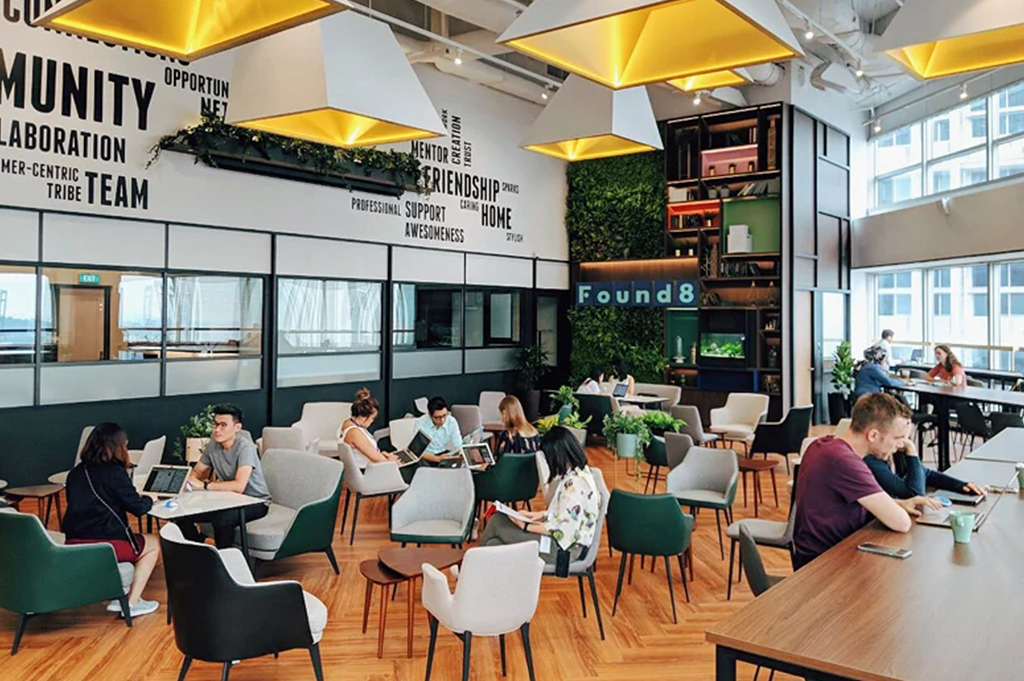
She played an integral role in launching Collision 8, one the first co-working spaces in Singapore in 2016 (now known as Found8), and followed this up by establishing Core Collective, a co-working space for fitness and wellness professionals in 2018. Her latest venture was Core Clinic, a shared working space developed in collaboration with Singapore Medical Group for specialist doctors located within Core Collective.
Aurum also creates living spaces that take into consideration residents with families that may have to work from home, by incorporating community areas with an abundance of green spaces.
In a conversation with BiZQ, Ms. Yong, the fourth-generation business leader from construction group Woh Hup, shares how her company is developing spaces for a post-pandemic world.
Can you tell us about your businesses and your role in the company?
I am the CEO and Founder of Core Collective, Co-Founder of Found8, and Director at Aurum Land and Aurum Investments. I believe that the success of lifestyle spaces lies in building communities. Aurum has now positioned itself as a trusted network of communities that creates diverse opportunities for businesses, professionals, and individuals.
Our dream is to serve customers across a multitude of areas with similar needs. We do this by providing spaces to establish connections and build a sense of belonging,-providing flexibility and convenience and creating a platform for collaboration as well as personal and business networking opportunities.
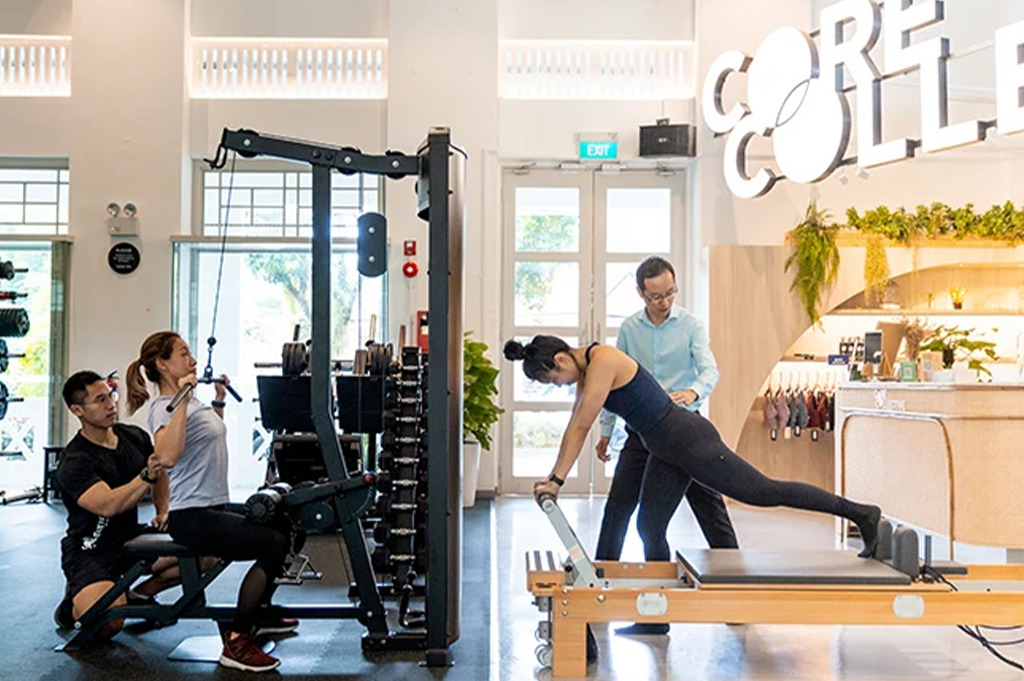
How has the pandemic impacted your business?
COVID-19 has changed the priorities and growth plans for all our four core businesses, especially Found8 and Core Collective. However, it has also given us an opportunity to explore and launch new products and services that address the changing needs of our customers, in order to create transformational gains. .
In addition, the pandemic has forced us to look for smaller incremental gains in our operational efficiencies across the whole group. Collectively, these can amount to substantial improvements in productivity and add to our bottom line.
What have you done to mitigate the impact of the pandemic?
We have focused on creating a variety of safe, flexible spaces that can cater to smaller meeting groups and work from home arrangements.
Our long-term plans for the businesses have not changed. Our purpose and vision still remains the same. However, our short-term plans and priorities have pivoted to focus on certain guiding principles.
Among others, these include over-communicating by having regular two-way dialogues with our customers, team members and partners; stepping up the quality of leadership by emphasising and living by the company’s core values; shortening timelines to daily or weekly periods to adapt quickly to changes.
It is also important for us to understand specifically what is happening with our customers in the market, and to differentiate between temporary and permanent changes. In other words, how the post-pandemic world is going to look like, and where do we want our business to be positioned. These are important issues we need to address as we work out a new path towards building the future.
How do you think the pandemic has changed the way people work, live and play?
Our world now is a very different one from that of a few years ago. Today, our work and home lives have become intertwined, even as we seek to maintain a connection to our careers, our families and peers..
In particular, the pandemic has forced the adoption of new ways of working. Organisations must reimagine their work and the role of offices in creating safe, productive, and enjoyable jobs and lives for employees.
Over the past two years, homes have also transformed- serving as schools, offices, and gyms. Technology is playing a vital role in enabling this new connectivity.
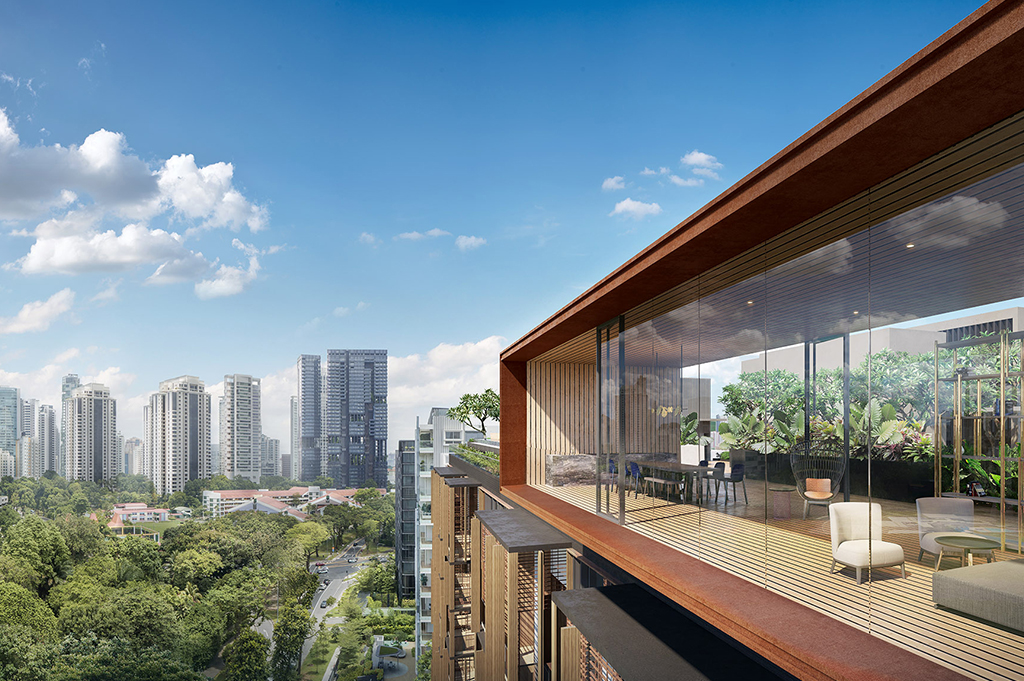
How should developers take these changes into consideration when creating new spaces?
Being a boutique developer, we only launch a maximum of two projects a year. This means that we can be very selective in the developments that we choose to undertake. We differentiate ourselves by focusing on the quality of design, exclusivity and having a distinct concept and identity for each of our developments. Given that residents are likely to spend more time at home, it is important to include green spaces, great views and more liveable areas.
For example, Nyon stands out as a development with a modern interpretation which embodies the Peranakan culture and aesthetics. On the other hand, The Hyde, overlooking the lush Goodwood Hill in the heart of Orchard Singapore, draws inspiration from Hyde Park in London.
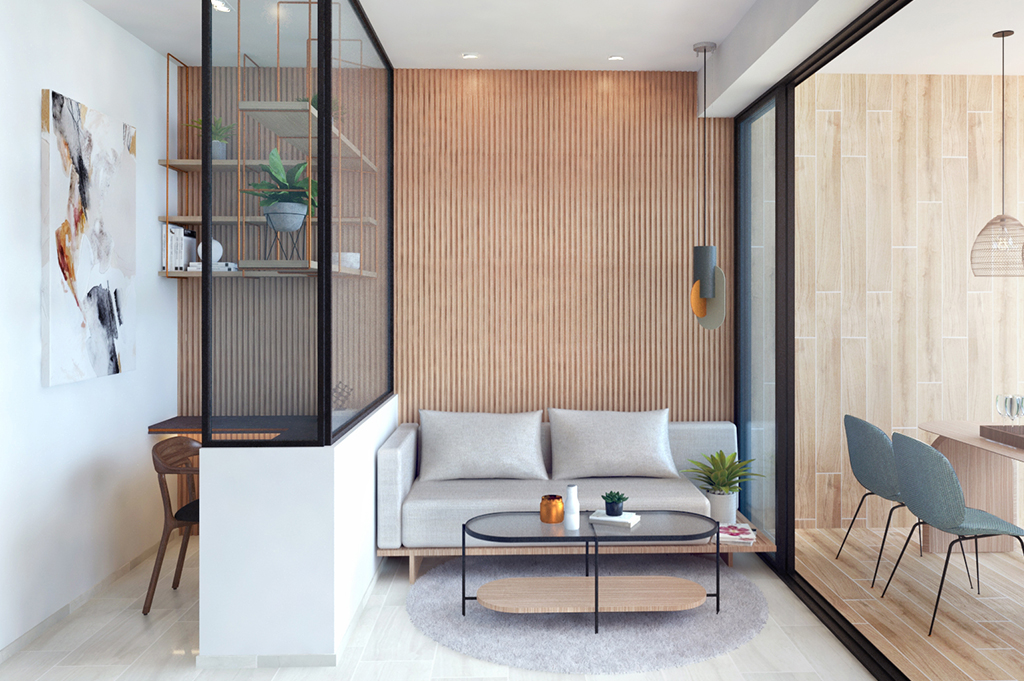
What new trends in living and working do you see playing out as we adjust to the new normal?
Perhaps the most obvious impact of COVID-19 on the labour force is the dramatic increase in employees working remotely. Remote work and virtual meetings are likely to continue, albeit less intensely.
This requires developers to think creatively about how to maximise work and living areas to accommodate this new way of life. COVID-19 may propel faster adoption of automation and artificial intelligence, especially in workspaces with high physical proximity.
Aurum Land is committed to creating innovative residential spaces that meet the needs of today’s lifestyles, incorporating natural surroundings into artistically designed buildings that offer the kind of experiences which I believe we all crave: space, light, and a sense of luxury.
I still get a lot of joy from coming up with unique concepts that maximise the potential of a site, and seeing ideas translate from paper into the finished product before finally handing it over to happy buyers. Beyond just building beautiful spaces, I also strive to create opportunities for communities to make an even greater impact – which is why the group has transformed itself from a property developer into a space and business innovator who is people-focused.



